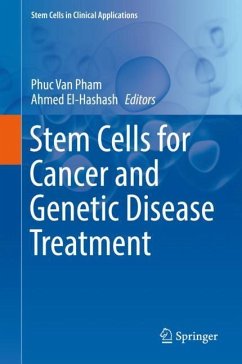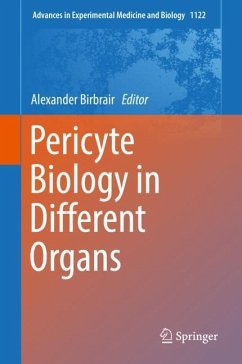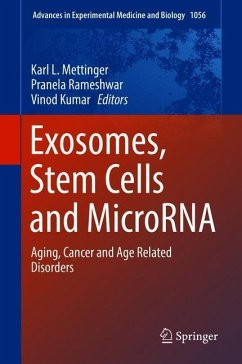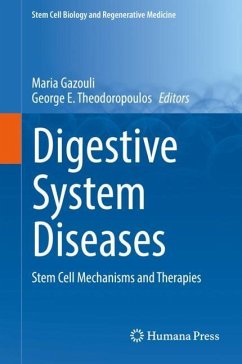
Stem Cells Heterogeneity - Novel Concepts

PAYBACK Punkte
57 °P sammeln!
This book presents a comprehensive discussion on the novel concepts in stem cell heterogeneity, from pluripotent stem cells to human mesenchymal stem cells, adult and cancer stem cells of the thyroid, sarcoma, and more. Thus, Stem Cell Heterogeneity - Novel Concepts starts from a timely update on the current information on stem cells heterogeneity in various tissues and discusses new concepts and future directions. It also provides a solid foundation of the history of stem cells from specific tissues and the current applications of this knowledge in regenerative medicine. When taken as a whole...
This book presents a comprehensive discussion on the novel concepts in stem cell heterogeneity, from pluripotent stem cells to human mesenchymal stem cells, adult and cancer stem cells of the thyroid, sarcoma, and more.
Thus, Stem Cell Heterogeneity - Novel Concepts starts from a timely update on the current information on stem cells heterogeneity in various tissues and discusses new concepts and future directions. It also provides a solid foundation of the history of stem cells from specific tissues and the current applications of this knowledge in regenerative medicine. When taken as a whole, alongside its companion volumes Stem Cells Heterogeneity in Different Organs, and Stem Cells Heterogeneity in Cancer, these three books present a comprehensive reference on stem cell heterogeneity in various tissues and current and future applications for regenerative medicine. It is essential reading for advanced cell biology students as well as researchers in stem cells and clinicians.
Thus, Stem Cell Heterogeneity - Novel Concepts starts from a timely update on the current information on stem cells heterogeneity in various tissues and discusses new concepts and future directions. It also provides a solid foundation of the history of stem cells from specific tissues and the current applications of this knowledge in regenerative medicine. When taken as a whole, alongside its companion volumes Stem Cells Heterogeneity in Different Organs, and Stem Cells Heterogeneity in Cancer, these three books present a comprehensive reference on stem cell heterogeneity in various tissues and current and future applications for regenerative medicine. It is essential reading for advanced cell biology students as well as researchers in stem cells and clinicians.








